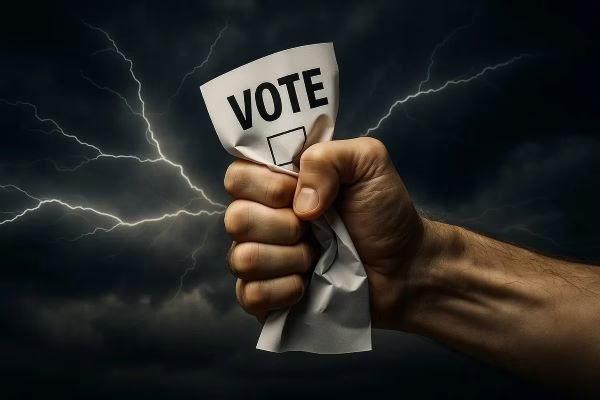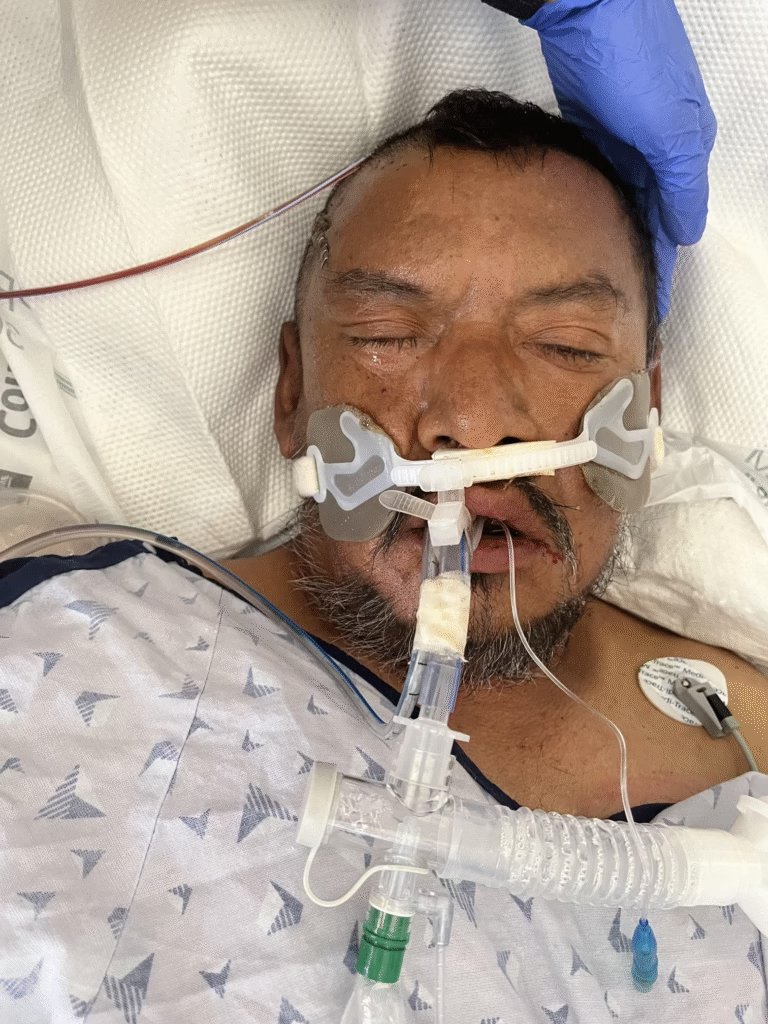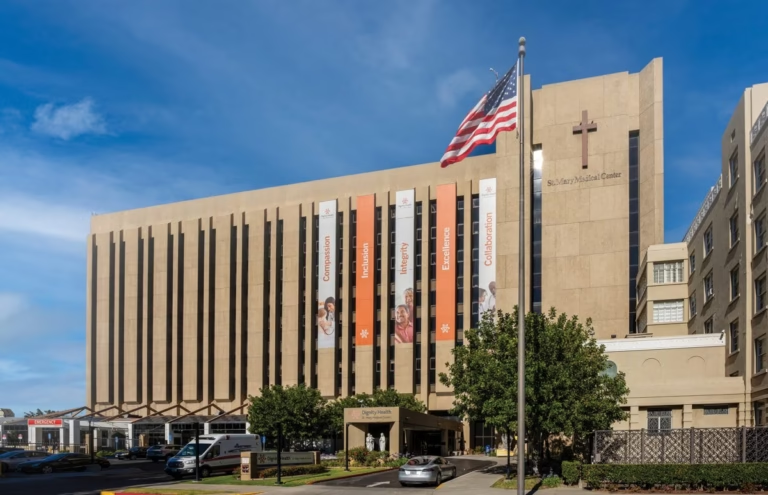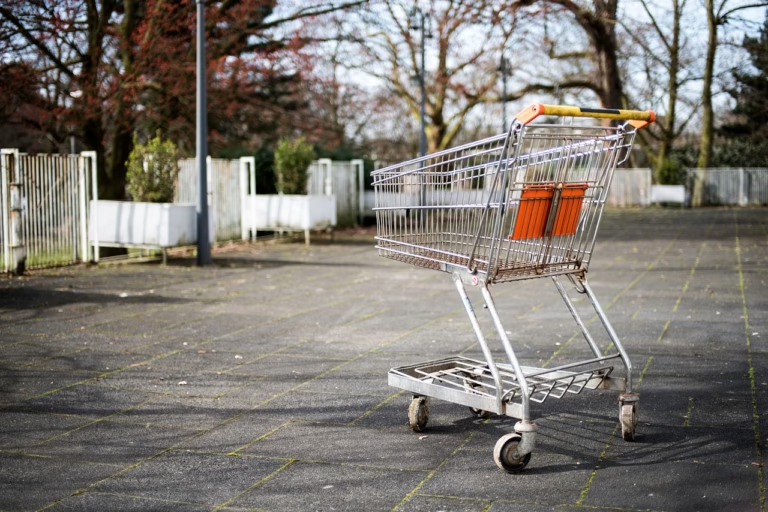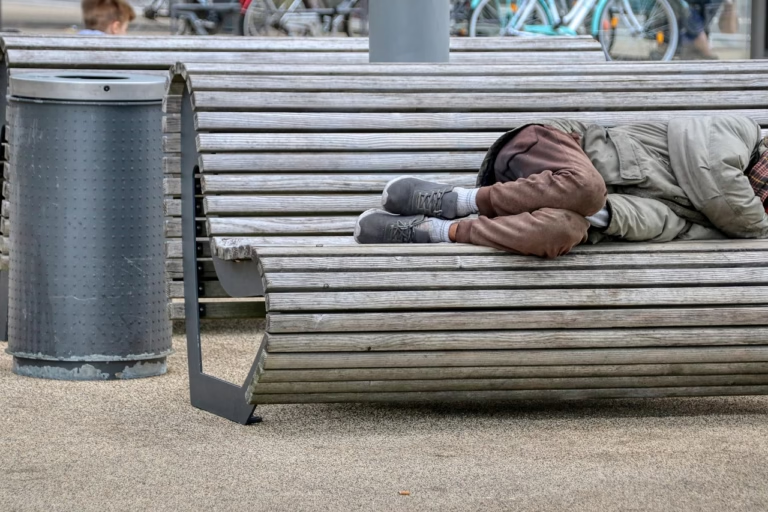Forget Jan 6th. Trump’s next move is smarter, and far more dangerous: use the courts, AI, and right-wing militias to erase millions of Americans from the vote — legally. It’s not a theory. It’s a plan
James Carville isn’t a man prone to panic, but when he says, “I would not put it at all past [Trump] to try to call martial law or declare that there’s some kind of national emergency,” around next year’s elections it’s time to sit up straight.
Speaking to NewsNation’s Chris Cuomo, Carville warned that as Donald Trump sees a political shellacking coming in the 2026 midterms — particularly in states like New Jersey and Virginia — he may try something extreme to hold onto power. “The hoof prints are coming,” Carville said, and he’s not wrong.
This isn’t hyperbole. This is history — the history of nations that have lost their democracies like Hungary and Russia — threatening to repeat itself.
Donald Trump has already laid the psychological and structural groundwork to undermine or suspend elections; he just may not need to declare martial law if his fixers pull off what’s happening already this year.
Award-winning investigative journalist Greg Palast, a committed non-partisan, has laid it out in painful detail. And what he’s uncovered should terrify every American who believes in democracy.
Palast argues that Trump’s GOP doesn’t have to wait for November 2026 to win. They plan to win it in 2025, through something he calls The Great Purge, authorized by five corrupt Republicans on the US Supreme Court.
That’s right: before you even cast a vote, millions of names may already be scrubbed from voter rolls. If you’re Black, Latino, a student, a woman who changed her name at marriage, a military service member, or simply someone who moved apartments, you’re already a target.
Let’s break it down:
- In the lead-up to the 2024 election, the U.S. Election Assistance Commission reported over 19 million names purged from voter rolls. While many were valid (deceased or moved), at least 4.47 million were blocked from voting due to bureaucratic tricks like “failure to return confirmation notices,” a tactic voting rights lawyers call “caging.”
- In Georgia, Palast’s team working with the ACLU found that 63.3% of voters purged via caging were wrongly removed. Many were African-American.
- Georgia’s GOP Secretary of State proudly doubled down in 2023, targeting 875,000 voters, and that’s just one state.
- Thirty states now use an error-ridden system called ERIC for voter purging. Not accurate enough? Trump’s legal henchwoman, Cleta Mitchell, is pushing for a new program called EagleAI, the modern version of the GOP’s 1960s “Eagle Eye” voter intimidation operation.
Vigilante Vote Challenges: From Eagle Eye to Eagle AI
If that wasn’t enough, Republicans have introduced the Safeguard American Voter Eligibility (SAVE) Act, which would force every newly registered or updated voter to present proof of citizenship in person. And if the name on your birth certificate is different from your passport or driver’s license, you can’t register or vote.
According to Michael Waldman of the Brennan Center, over 21 million Americans don’t have those documents readily available. And 69 million women don’t have their married name on their birth certificate. Many Americans don’t know where their passport or birth certificate is, especially those living in poverty, moving frequently, or serving overseas.
And let’s be clear about the excuse for this law: A racist myth. The Heritage Foundation, pushing the SAVE Act, claims millions of undocumented immigrants vote. But even Kris Kobach, the Kansas Secretary of State who made it his mission to arrest illegal voters, found exactly zero in court. In fact, his law blocked 36,000 legal Kansas voters and was thrown out for being unconstitutional.
And now they’re bragging that they just purged 5 million new names so far this year, according to Judicial Watch.
Still, these tactics persist. Why? Because they work.
In 2000, George W. Bush won Florida by just 537 votes after tens of thousands of Black voters were falsely labeled as felons and purged by George’s brother, then-Florida Governor Jeb Bush. Today’s tactics are far more sophisticated and widespread, and with a Trumpified Supreme Court, far harder to stop.
Under Trump, the Department of Justice’s Civil Rights Division — once the bulwark against voter suppression — has become complicit. Don’t expect any help from the feds if your name goes missing from the rolls.
In fact, Georgia’s Secretary of State has already requested access to DHS’s SAVE database — a tool used to track deported immigrants — to cross-reference voters. When Florida tried this in 2012, they removed 172,000 voters but only found one actual non-citizen: an Austrian Republican. But thousands of Hispanic voters were wrongly barred because they had common names like Jose Garcia.
That’s not election security. That’s systemic suppression.
While official channels do their damage, Trump’s allies are also organizing a private MAGA militia of self-appointed “fraud hunters.” In 2024, these vigilantes challenged over one million ballots. In 2026, Palast reports, they’re gearing up to challenge even more, targeting key swing states like Georgia and Pennsylvania. [Learn more about these vigilantes, watch Vigilantes Inc.: America’s New Vote Suppression Hitmen — full film now on YouTube.]
And if state officials don’t comply with Trump’s purge lists, Cleta Mitchell promises her army will go door-to-door, one voter at a time.
Remember, all of this happens before a single vote is cast.
And if that doesn’t work? Now that Congress has funded ICE to become the largest (secret, masked) police agency in America with a network of concentration camps across the country, answerable only to Donald Trump, pretty much anything is possible.
Carville may sound alarmist when he talks about martial law, but let’s remember: Trump tried to overturn the 2020 election, summoned a mob to the Capitol, and flirted with using the Insurrection Act to deploy the military against protestors, who he had asked his generals to “shoot in the legs.”
He’s mused to his followers, “You won’t have to vote anymore, my beautiful Christians.” That’s not subtle. That’s a warning.
And while right-wing pundits like Bill O’Reilly chuckle and offer “18 muffalettas” in mockery, the groundwork for a democratic backslide is already laid, through legal loopholes, voter suppression, intimidation of Republican legislators like we saw yesterday, misinformation, and judicial capture.
Martial law may not arrive with tanks. It may come in the form of a national emergency declaration, a manufactured riot, or the pretense of mass fraud. Trump doesn’t have to cancel the election; he just has to delegitimize it enough to override it.
So What Do We Do?
We need:
- Massive voter education on how to confirm your registration and re-register early.
- Lawsuits and court challenges in every state adopting suppression tactics.
- Federal action, if not from the Justice Department, then from an organized, relentless citizenry.
- Election monitoring from independent and international groups.
- And, when Democrats are again in power (G-d willing), a law that explicitly says we have a right to vote. It’s insane that government has to get a court order (thanks, Supreme Court) to take away your gun, but doesn’t even have to notify you when they take away your vote.
If Trump succeeds in today’s ongoing massive purge of largely Democratic voters and delegitimizing results, he won’t need martial law. The authoritarian train won’t arrive with a bang; it’ll glide in silently, on rails we failed to see being laid down this year.
So yes, James Carville is right to sound the alarm. And Greg Palast has done the reporting to prove it.
Now it’s up to us to stop it. Pass it along.



